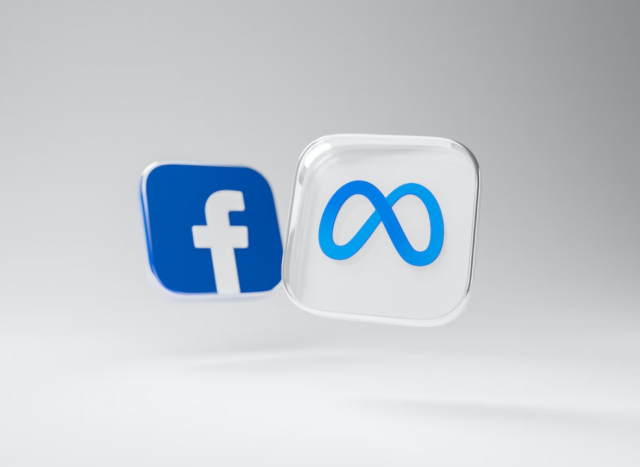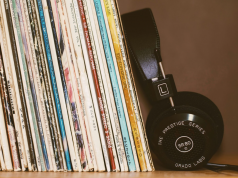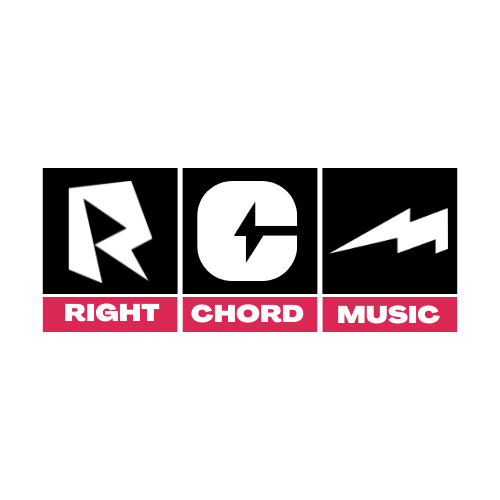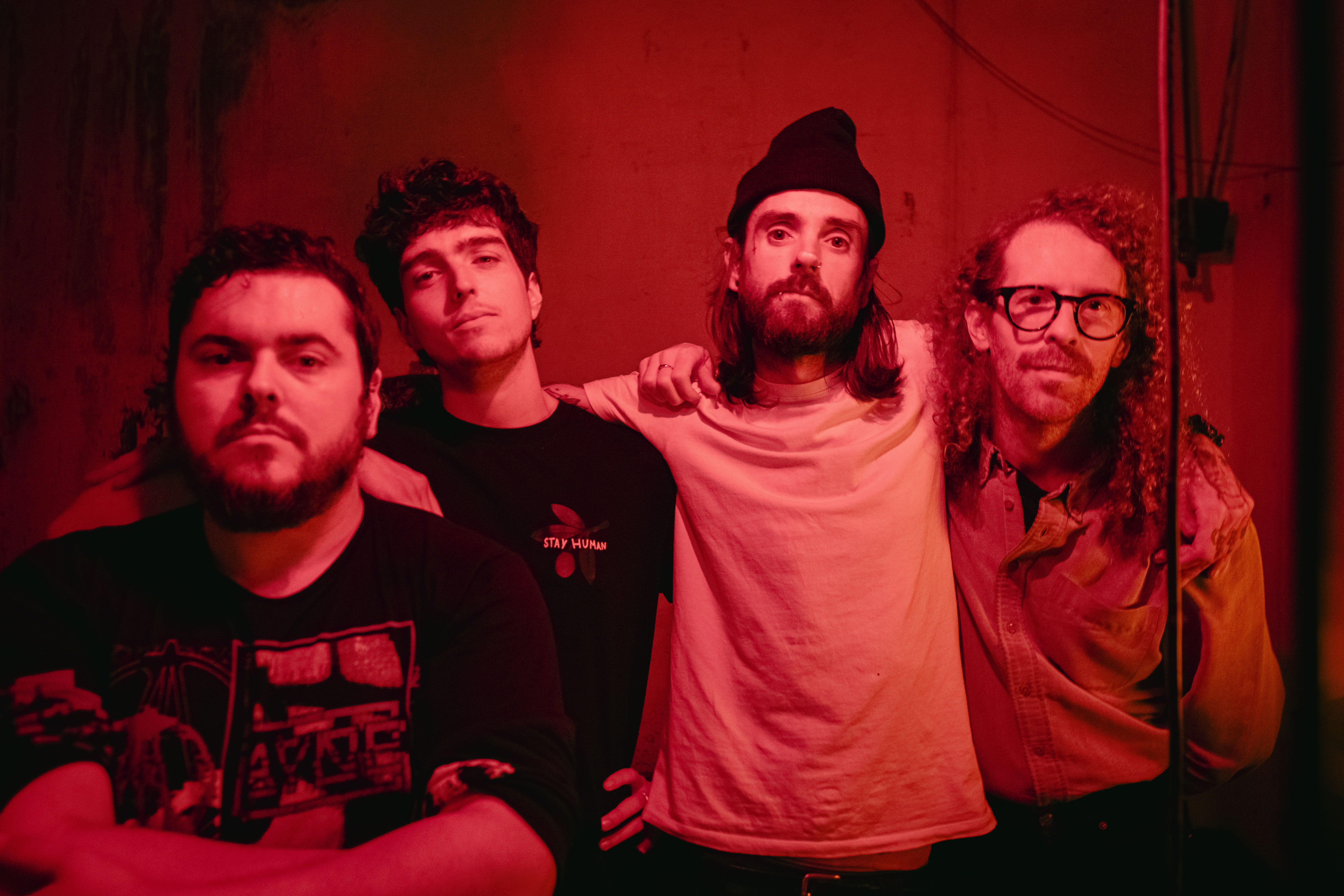There was a time, not that long ago when Facebook and Instagram advertising was powerful. With low entry costs, it genuinely felt like paid social media advertising enabled unsigned and independent musicians to compete on a more level playing field with major label stars than ever before. But recently all that hope has faded and now it’s becoming increasingly difficult to justify spending on paid social media advertising. In this article, we explain why.
Reaching Potential Fans All Over The World
Imagine the World before social media and the Internet, I know sometimes it’s hard and some readers have never experienced it.
Now try imagining how you would approach promoting an unsigned band pre-Internet.
Some things never change, you still can’t get playlisted on the radio, the NME isn’t responding to your phone calls, and the cost of posting out your demo CDs is really starting to rack up.
You start playing live shows in the local pub and invite your friends, and hope they do the same. The only way to reach new fans in a different city is to go to that city or hope the original social network (word of mouth) kicks in. But it’s tough. You’ve been calling that record label A&R for weeks and nobody returns your call.
When social media and the Internet arrived, the possibilities seemed endlessly exciting. With one post you could reach potential fans anywhere in the world, without ever leaving your bedroom. It was a time when virality felt real, you never knew where your music could end up.
A few years in, organic social reach dried up / was turned off as Meta and co realised, their value was their network and to access it, you needed to pay. But despite this setback, it still felt like an opportunity. After all, you could start with £1 or £3 a day and still see results. Paying to guarantee reach to an audience of people anywhere in the world that you identified as being the kind of people that would love your music, was still incredibly powerful and exciting.
You could see the results, people would click your links, visit your website and most importantly listen to your music. The cost of ‘conversion’ (getting people to take action on your paid social media advertising) was low.
Who Ruined Social Media?
It’s easy to point the finger at the platforms themselves, but in all honesty, it’s probably us the users. Unfortunately when people spot an opportunity to game the system to their advantage they do.
Back in the Myspace era of music promotion some bright spark created a tool that allowed musicians to bulk send friend requests. With a click of a button, you could set some basic demographic parameters and send out friend requests to thousands of potential fans in one go. Amazing, after all, if you got 1,000,000 followers on Myspace you’d become the next Arctic Monkeys or Lilly Allen right? Wrong.
As reach went up, engagement went down and all of a sudden the hand full of true fans were lost forever among a sea of followers whom the artist had no time to actually engage with.
The same gaming of the system soon took place across other social networks.
- In the race to become an Instagram influencer, companies sprung up to facilitate the buying of followers (Sssh don’t tell anyone, these accounts are fake!).
- To boost plays on Spotify, people started creating bots and algorithms that would endlessly stream music from multiple fake accounts.
- To boost the performance and credentials of so-called marketing agencies, fake accounts and click farms were created to click and engage with the ads they created
There is no doubt that these scams made lots of people, lots of money. But now we are left to deal with the mess. The net effect is our money and our ads are reaching as many fake accounts and bots as real people.
To try to escape the fake clicks, Facebook tried to differentiate between a click and a landing page view. Their equivalent of the CAPTCHA designed to separate out the bots from the humans.
When you think about the ridiculousness of this, you realise it can only be in response to the realisation that their ads were being gamed by bots.
After all, before the bots, when someone clicked on your ad it was because they wanted to go to your website, they were interested in your music, so they waited for the page to load and then engaged with the content they were presented.
But now the ‘click’ and the ‘land’ are separated out and you pay more for the ‘lands’ because it means there is a greater chance they are real people that Facebook has worked hard to find among all those bots and fake accounts.
Meaningful Advertising Impact
When you run a social media ad, you want to see tangible results. More streams, more email sign-ups, more purchases, more website visitors or more followers. The problem now, however, is these kinds of conversions are becoming increasingly expensive to generate, and even when they occur they are still likely fake.
So in response, the easy thing to do is to move back up the ‘purchase funnel’ to focus on the so-called easier and cheaper objectives ‘awareness’ ‘video views’ ‘engagement’ but without tangible conversions, it’s very easy to think ‘so what’ and ‘so what’ doesn’t feel like effective music marketing!
- Five thousand people have seen my latest Instagram Reel (so what)
- Ten thousand people watched the first 30 seconds of my YouTube video (so what)
- Three hundred people liked my Facebook post (so what)
Alternative Solutions
Recently a couple of new advertising platforms have sprung up to simplify the complexity of Meta Advertising. Services like Feed and Your Music Marketing do a great job of simplifying the complexity. They allow musicians to quickly set up ads to reach new audiences or re-engage existing audiences to build engagement.
However, solving the complexity of Facebook / Instagram ads is one thing, unfortunately, they can’t solve the effectiveness issue and once again you are left thinking ‘so what’.
The real alternative might be to return to the principles that drove success in the pre-Internet age. Build a real fanbase, incentivise mailing list sign-up, focus on quality over quality and give people a reason to talk about you.
Discover more on RCM
- Music Marketing vs Music Promotion Avoid These Three Mistakes
- Music Promotion: Nobody Cares About Your Music (As Much As You Do)
- Push Marketing Is Dead. 10 Ways Independent Artists Can Succeed In 2022
- Free Music Marketing Training For Independent Artists
Words Mark Knight









